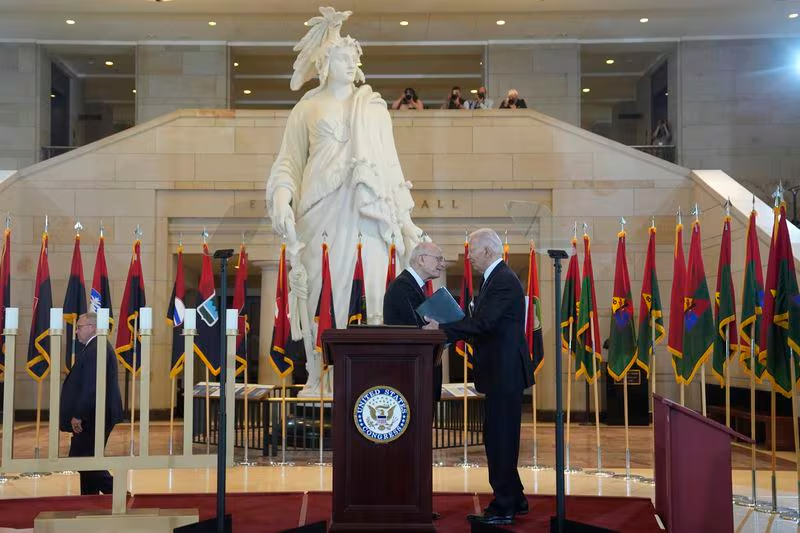Dramatic turn of events, a former ABC president has publicly criticized California’s housing laws after allegedly being conned out of millions of dollars by a squatter. This incident has brought renewed attention to the state’s contentious property and tenant regulations.
The former executive, whose identity has become central to this unfolding story, claims to have fallen victim to an elaborate scheme involving a squatter who exploited California’s tenant-friendly laws to illegally occupy and profit from his property. The ex-ABC president alleges that the squatter manipulated legal loopholes, resulting in significant financial loss and a prolonged legal battle to reclaim his property.
The former ABC president described his experience as a nightmare, emphasizing the difficulty of evicting the squatter due to the complex and protective nature of California’s tenant laws. He criticized these laws as overly lenient and susceptible to abuse, arguing that they provide undue advantage to individuals engaging in fraudulent activities.
California’s tenant protection laws are designed to safeguard renters from unjust evictions and provide stability in a high-cost housing market. However, critics argue that these regulations can sometimes make it excessively challenging for property owners to remove problematic tenants or illegal occupiers. The state’s laws typically require landlords to undergo lengthy and expensive legal processes to evict tenants, which can be exploited by those acting in bad faith.
The former ABC president’s case underscores these concerns. He detailed the financial and emotional toll exacted by the squatter’s actions, including lost rental income, legal fees, and the degradation of the property. His story has resonated with many property owners who feel similarly frustrated by their experiences with California’s tenant laws.
In response to this high-profile case, there have been calls for reform from various quarters. Some advocates suggest revising the laws to strike a better balance between protecting tenants’ rights and preventing abuse by unscrupulous individuals. Proposals include streamlining the eviction process in clear-cut cases of fraud or illegal occupancy and increasing penalties for those who exploit the system.
Supporters of California’s tenant protections argue that while the laws may have flaws, they are essential for protecting vulnerable renters from eviction and ensuring housing stability in one of the most expensive real estate markets in the country. They caution that any changes to the laws should not undermine the vital protections that prevent homelessness and exploitation of legitimate tenants.
As the debate continues, this case serves as a potent example of the complexities and unintended consequences that can arise from well-intentioned legislation. The former ABC president’s ordeal highlights the need for ongoing dialogue and potential reform to address these issues without compromising the core objectives of tenant protection laws.
In conclusion, the former ABC president’s harsh critique of California’s ‘crazy’ housing laws, following his costly and distressing experience with a squatter, has sparked renewed discussions about the need for balanced reforms. This incident emphasizes the challenges faced by property owners and the broader implications for housing policy in the state.










